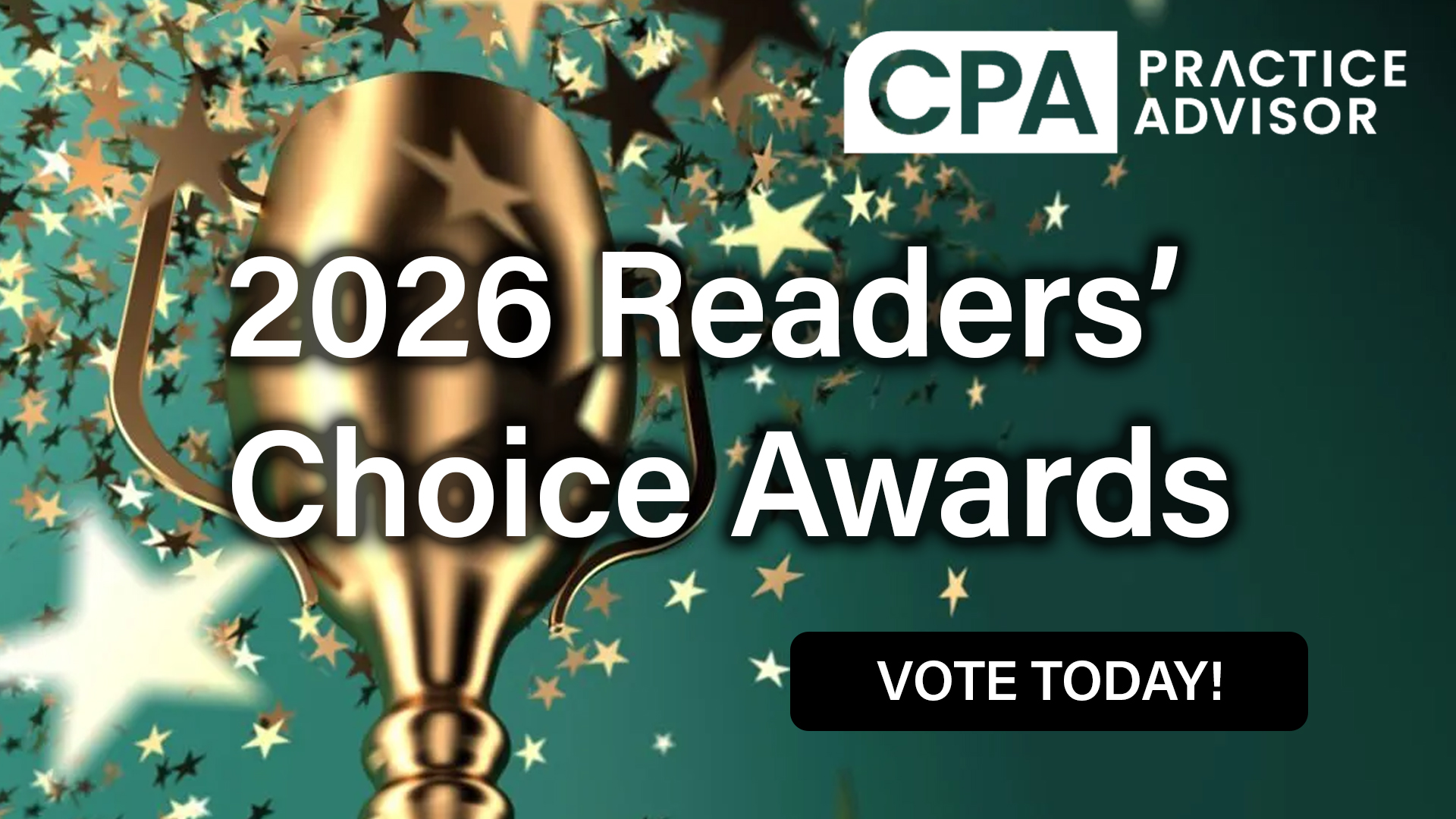When the Financial Accounting Standards Board (FASB) issued a new standard on lease accounting in 2016, companies had nearly three years before the first deadline. Recent research, however, suggests that more than one year in, most companies have made no progress. Eighty percent of CFOs in the Robert Half Management Resources survey said their organization has not begun the transition to the new standard.
The new standard is designed to improve reporting of lease transactions, according to FASB, and all organizations that lease assets, from real estate to equipment, are affected. Public companies must adopt it by 2019, and all other organizations need to begin adopting it by 2020.
The research also found that among the businesses that have started the transition to the new standard, only 18 percent have completed the diagnostic work necessary to determine how much effort will be required. The top pain points described by CFOs who have taken steps toward compliance include technology upgrades, staff training and change management.
The good news for those working toward compliance: At least two-thirds (68 percent) have identified the team members and responsibilities necessary for completing the transition, and 67 percent have started or finished writing new accounting procedures. A similar number (65 percent) have begun or completed writing new accounting policies, as well as inventoried and prioritized required systems changes.
View data tables with the results by company size, industry and geography.
“The new lease accounting standard is highly complex and affects all parts of organizations, so firms must be careful not to underestimate the time and work involved in adopting it,” said Tim Hird, executive director of Robert Half Management Resources. “Companies that haven’t begun the transition may find themselves behind before they even start.”
Chris Wright, managing director of the financial reporting remediation and compliance practice for global consulting firm and Robert Half subsidiary Protiviti, said the scope of the transition is creating challenges for companies. “The new guidance is much more than accounting,” said Wright. “It requires systems upgrades, new reporting processes throughout the business and updated training. The transition also necessitates a well-rounded change-management initiative, which is proving to be a massive effort, especially for large companies, and particularly coming on the heels of the adoption of the new revenue recognition standard.”
Because the standard’s requirements are new, firms are having trouble finding professionals with the needed expertise, Hird added. “To address this, businesses can hire individuals able to apply the knowledge gained from previous compliance initiatives to lease accounting, and work with consultants who have been trained on the new standard and completed projects for it.”
Research Highlights by Company Size
- The largest companies, those with 1,000 or more employees, have a leg up on the smallest organizations (20 to 49 employees). Twenty-two percent of the largest businesses have begun the transition, compared to 17 percent of the smallest.
- A greater percentage of the largest firms have at least started writing new accounting procedures and policies and developed a project plan to address gaps identified in their diagnostic work.
- Conversely, the smallest companies are more likely than the largest to have identified staff who will be assigned to the transition, inventoried systems changes to be made, and investigated lease and property systems to facilitate adoption.
- The largest businesses may be struggling with the scope of the transition, the survey results suggest. CFOs at these firms were most likely to identify managing change and diagnosing the adjustments needed to be made as primary challenges.
- Among all companies, those with 50 to 99 and 500 to 999 employees face the most acute challenges finding staff with the requisite skills.
Research Highlights by Industry
- A greater percentage of wholesale (24 percent) and business services (22 percent) companies have started the transition than organizations in other sectors.
- Less than half of retail businesses (46 percent) currently in the adoption process have investigated lease and property management systems to facilitate adoption.
- Transportation CFOs are experiencing the greatest difficulty finding professionals with the needed expertise.
Research Highlights by Market
- Companies in Boston, Dallas and Phoenix are leading the pack when it comes to preparation. At least 23 percent of businesses in each of these cities have begun the transition to the new lease accounting standard, and a minimum of 86 percent of those firms have started their diagnostic work.
- On the other end of spectrum, 10 percent of Houston and 12 percent of Denver companies have begun the move to adopt the new standard. Of those firms in Denver, only 58 percent of CFOs noted the diagnostic work has begun (compared to 82 percent nationally).
- Difficulty finding skilled staff is most acute in Boston, while technology updates pose the greatest challenge for firms in Phoenix and Houston. CFOs in Dallas cited change management as especially troublesome.
The survey was developed by Robert Half Management Resources and Protiviti and conducted by an independent research firm. It is based on telephone interviews with more than 2,200 CFOs from a stratified random sample of companies in more than 20 of the largest U.S. metropolitan areas.
Thanks for reading CPA Practice Advisor!
Subscribe Already registered? Log In
Need more information? Read the FAQs




